UEFA survived the Super League. But soccer’s storm isn’t over
Long-term financial challenges mean that European soccer and its governing body are still scrambling for new sources of revenue.
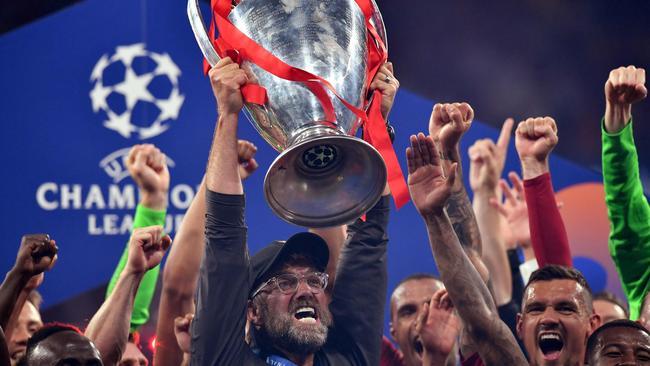
On the strangest Monday morning of Aleksander Ceferin’s career, the president of European soccer’s governing body had planned to deliver a dull press conference on reforms to the Champions League.
Instead, following the news that 12 elite clubs were setting up a rival Super League, he found himself railing against the former friends he now called liars, cynics, and snakes in his midst. “I have seen many things in my life – I was a criminal lawyer,” he said. “I have never seen people like that.” Twenty-four hours later, the threat had collapsed. This version of the Super League was dead. But as Ceferin and his organisation, UEFA, know too well, the forces that led to its creation are not.
After all, they are the same forces that motivated the biggest – and most controversial – overhaul of the Champions League in 20 years: an expansion from 32 to 36 teams and guarantees that each team plays more games.
As the Super League furore cooled off, a new one over the revised Champions League quickly began.
“Can we please also speak about the new Champions League format? More and more and more games, is no one thinking about us players?” Man City midfielder Ilkay Gundogan tweeted. “The new UCL format is just the lesser of the two evils in comparison to the Super League.” The soccer business remains deeply unequal and clubs exist on a financial knife’s edge. Powerful teams are still seeking more guaranteed payments for more guaranteed matches on the brightest stage. The industry has been badly injured by losses incurred in the pandemic.
Even before the Super League plans were unveiled, UEFA had spent months in negotiations with the London-based investment firm Centricus to secure 6 billion euros ($7.3 billion) in financing, according to a person familiar with the talks. Like the Super League, the fundamental idea is to boost payments to clubs participating in European competitions and redistribute more of it around the continent.
“Ultimately, we believe that these changes and the support structure we are implementing protect what our sport is all about,” Ceferin said.
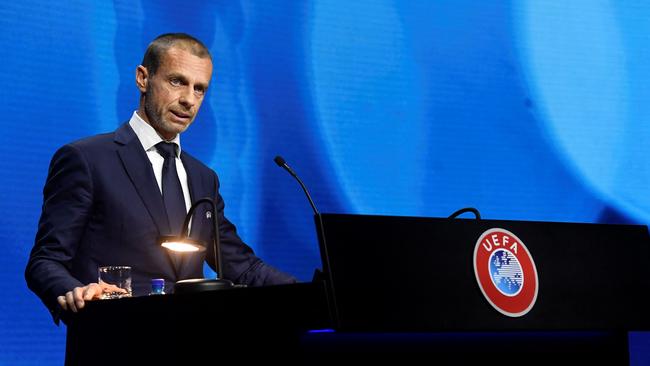
While 10 of the 12 clubs have renounced the project – as fan protests continue outside Premier League stadiums this weekend – Real Madrid’s Florentino Perez hasn’t given up the ghost. He and Juventus chairman Andrea Agnelli are still floating proposals for alternative competitions. They view the collapse of the Super League primarily as a breakdown in messaging, rather than a failure of concept. They insist that the emergency around soccer finance won’t dissipate without drastic action.
As it rushed to block the Super League on Monday, UEFA threatened to bar the participating clubs from the Champions League. UEFA, however, has yet to take any action on retribution. Real Madrid is still due to play the first leg of a Champions League semi-final against Chelsea on Tuesday.
The reason for UEFA’s restraint in meting out punishment is unlikely to be a sudden change of heart from Ceferin. Instead, UEFA is bound by an injunction quietly handed down in a Madrid court at the height of last week’s storm.
The Super League’s agreement had been contingent on either securing UEFA’s blessing – which was never going to happen – or the protection of a court that deemed UEFA’s behaviour to be anti-competitive, according to a person familiar with the rebel clubs’ thinking.
On Monday, the Super League got that when a Madrid commercial court ordered FIFA and UEFA, “to refrain from taking any measure or action and from issuing any statement or communiqué that directly or indirectly prevents or hinders the preparation of the European football Super League” until a full case could be heard, according to a copy of the ruling obtained by The Wall Street Journal.
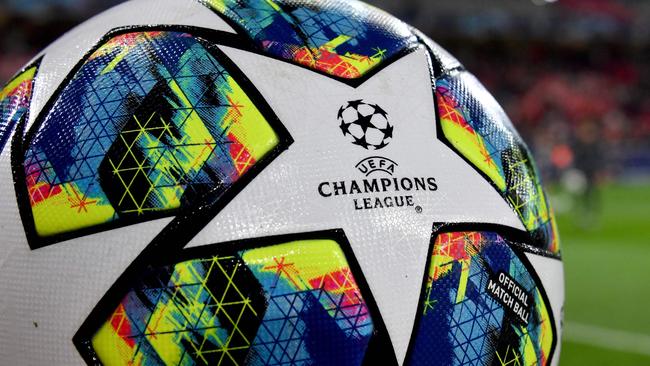
While key Super League actors hope the ruling could pave the way to further challenges – the company has not been dissolved – UEFA feels that the matter is closed for now.
What soccer is left with is far from perfect. The Champions League reform pushed through by UEFA – in co-ordination with the European Club Association formerly chaired by Agnelli – attacked the problem of having too many group-stage games by adding more group-stage games. Starting in the 2024-25 season, each team would be guaranteed at least 10 matches in the tournament.
And while UEFA stopped short of guaranteeing spots for legacy teams, it reserved two berths for clubs based on performances in Europe over multiple seasons who failed to qualify by other means. In other words, if Barcelona were to suddenly slump to fifth because of one bad season, UEFA would throw the club a life raft.
Under the new format, known as the Swiss system and inspired by the round-robins of chess tournaments, teams would be arranged into a single division with 16 advancing into knockout rounds. Overall, this will expand the tournament from 125 games to 225.
In that sense, it achieves one of the same objectives as the Super League: increasing the exposure and television offering of European soccer. But for the same reason, the new setup looks just as alarming among the already burnt-out stars of the European game.
“All the time, managers ask for better quality,” Man City manager Pep Guardiola said. “And the football world wants quantity. We are not in charge of that. We have to ask UEFA/FIFA to extend the year: instead of 365 days, maybe they can find 400?”
Ben Dummett contributed to this article.
The Wall Street Journal

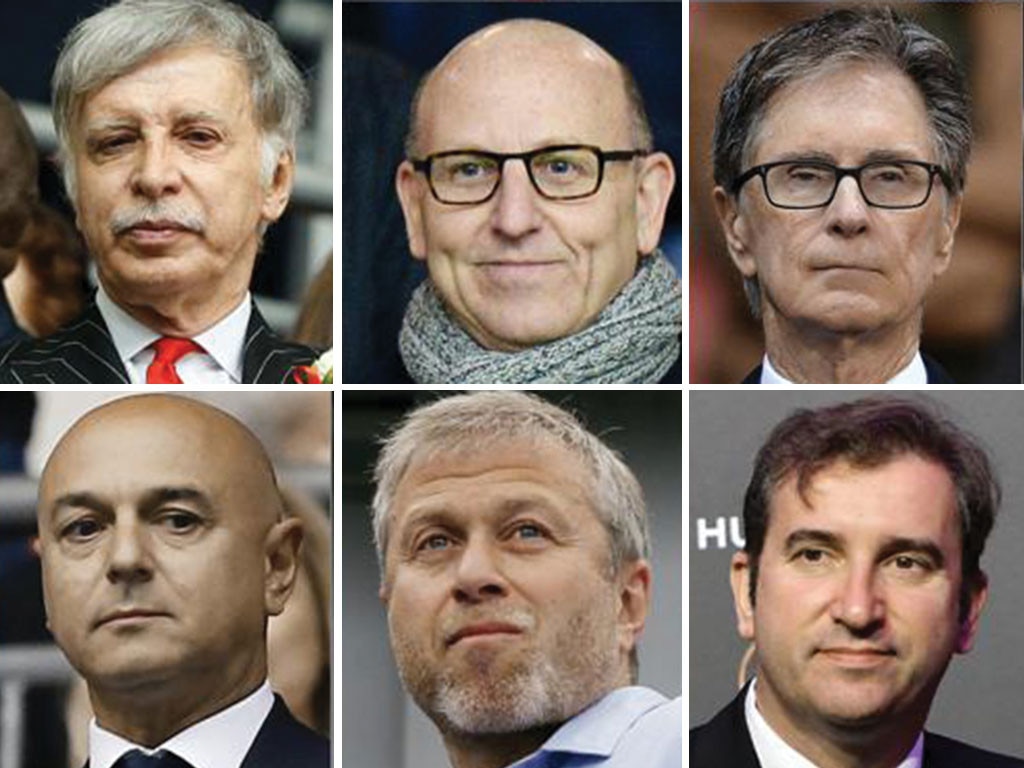
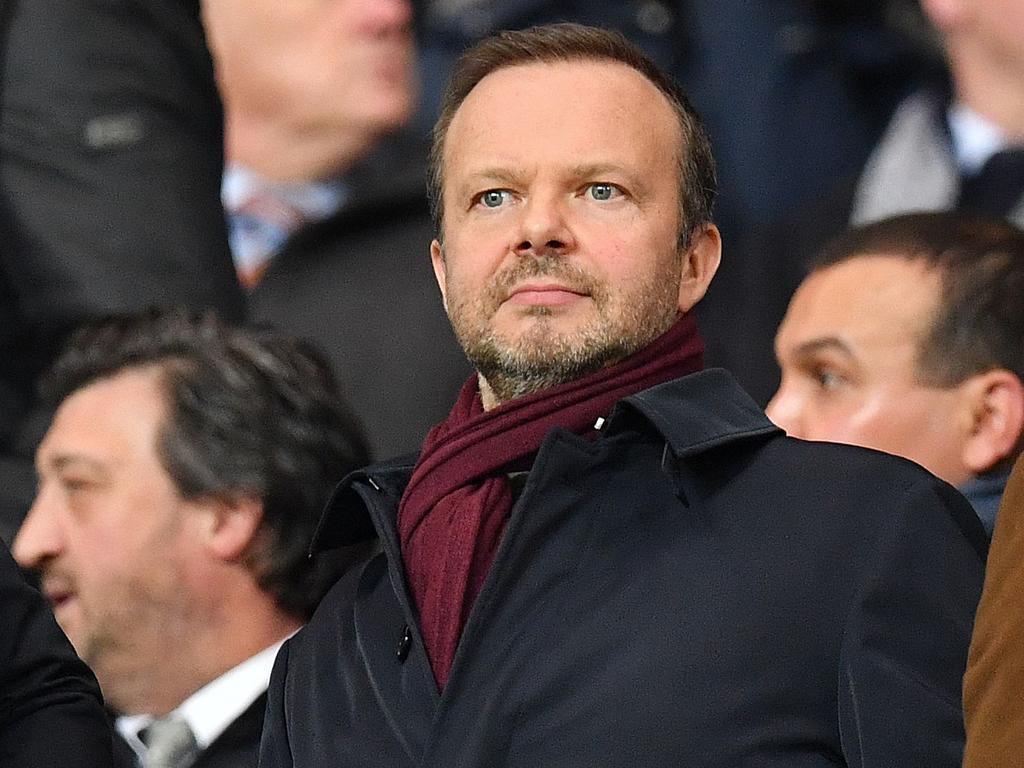
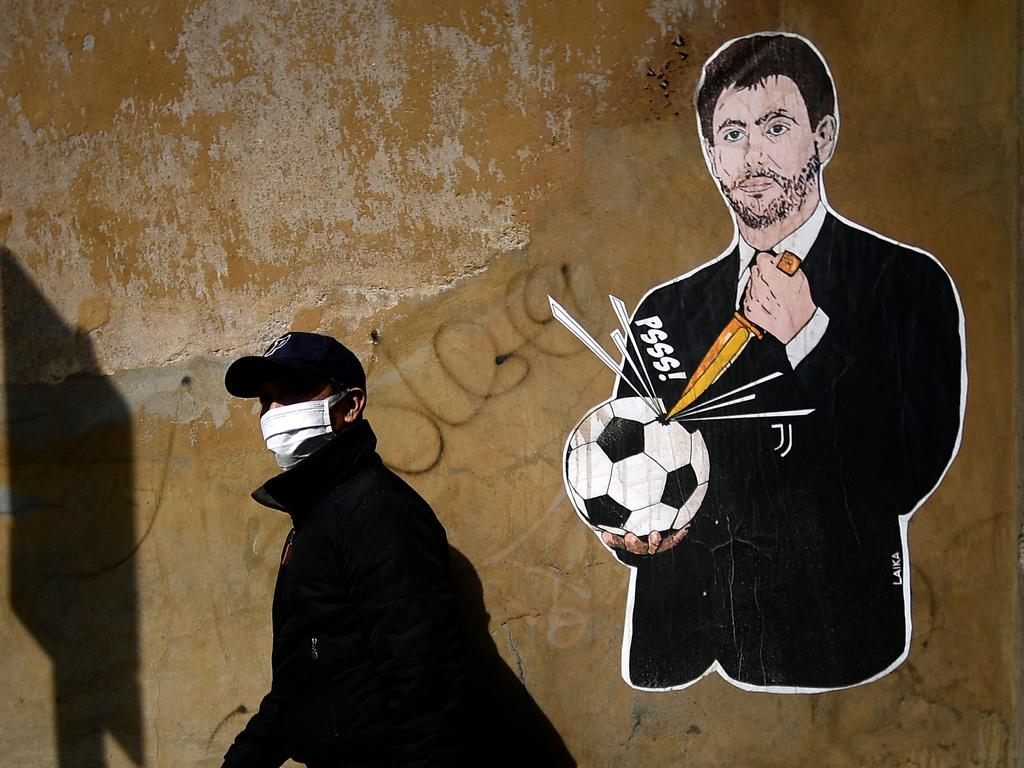
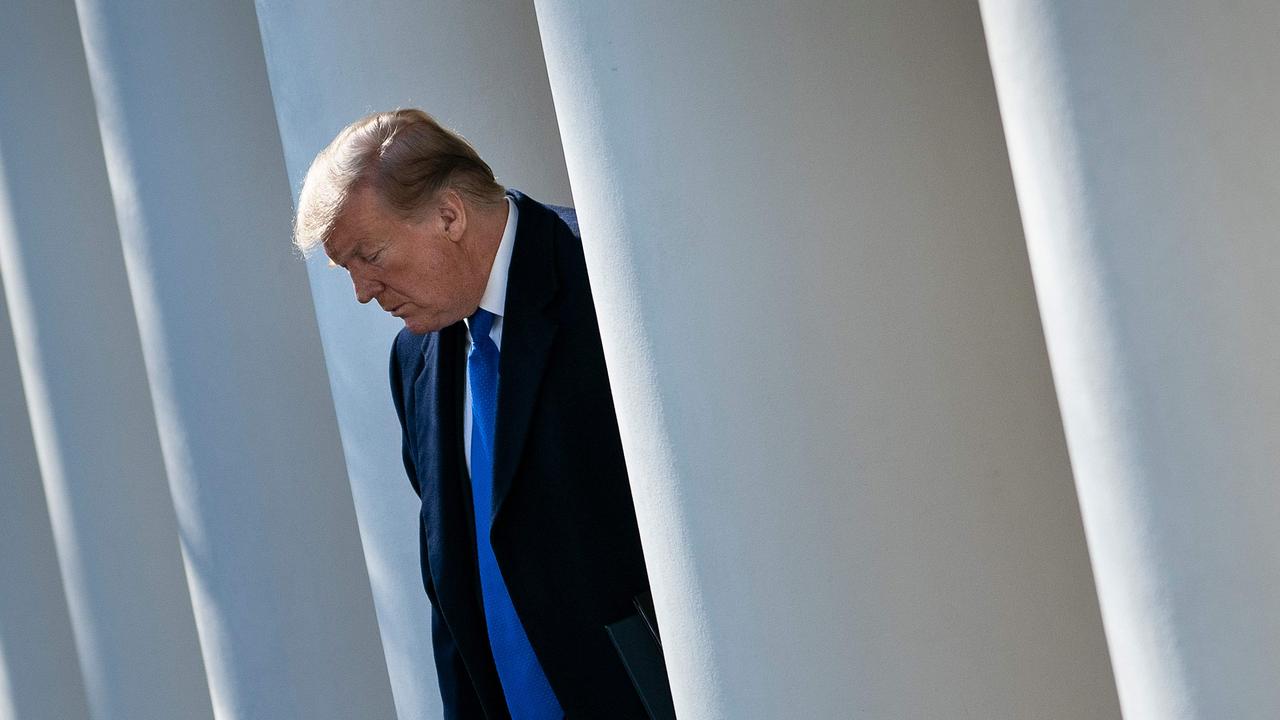
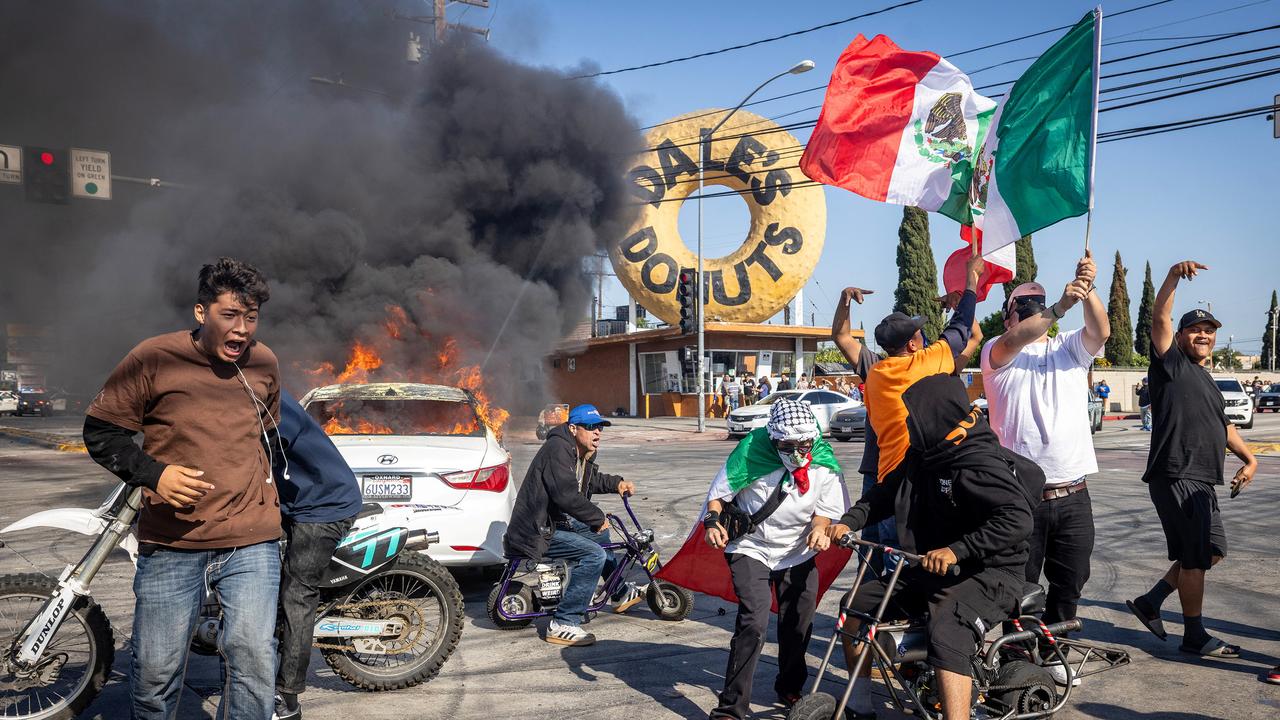
To join the conversation, please log in. Don't have an account? Register
Join the conversation, you are commenting as Logout